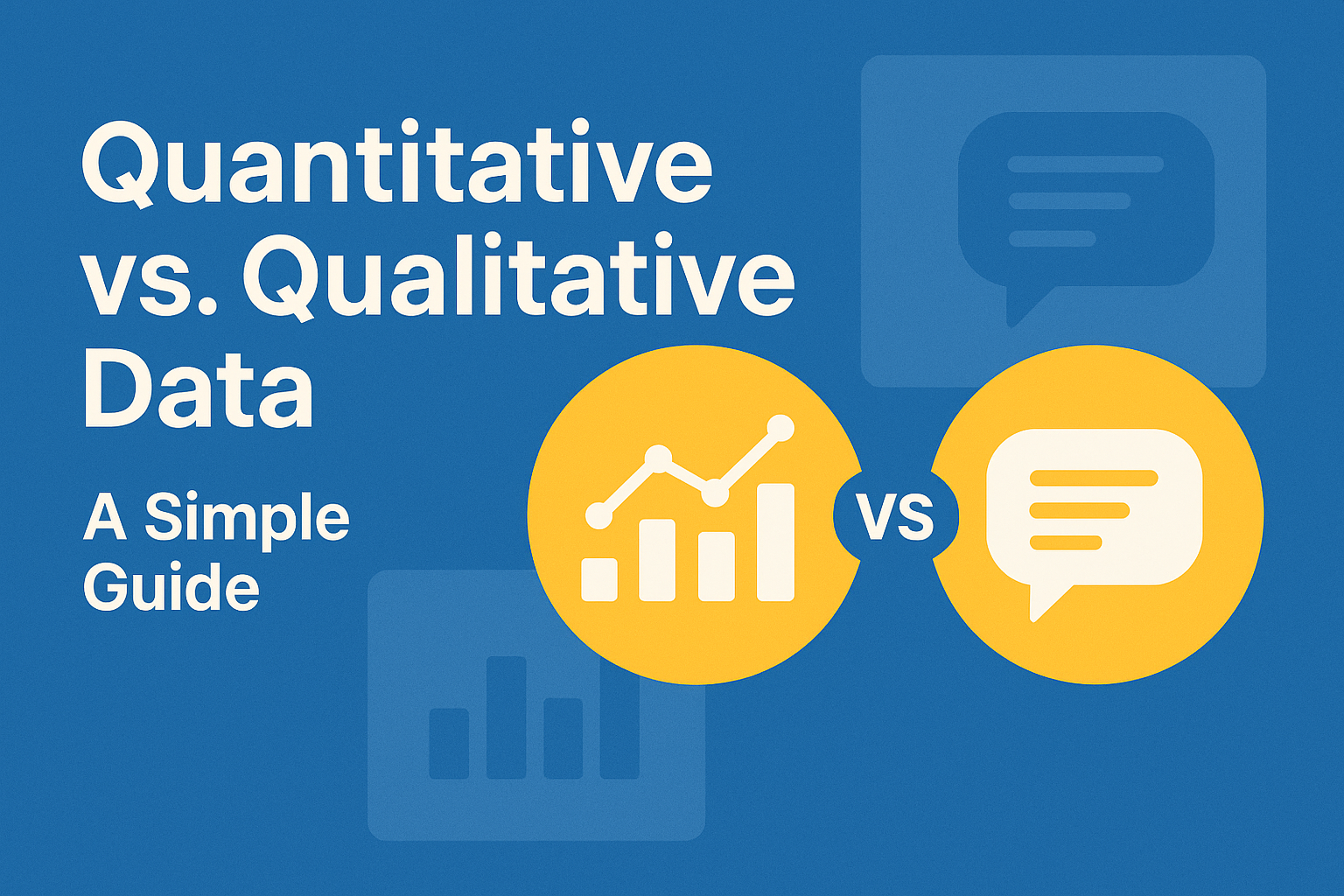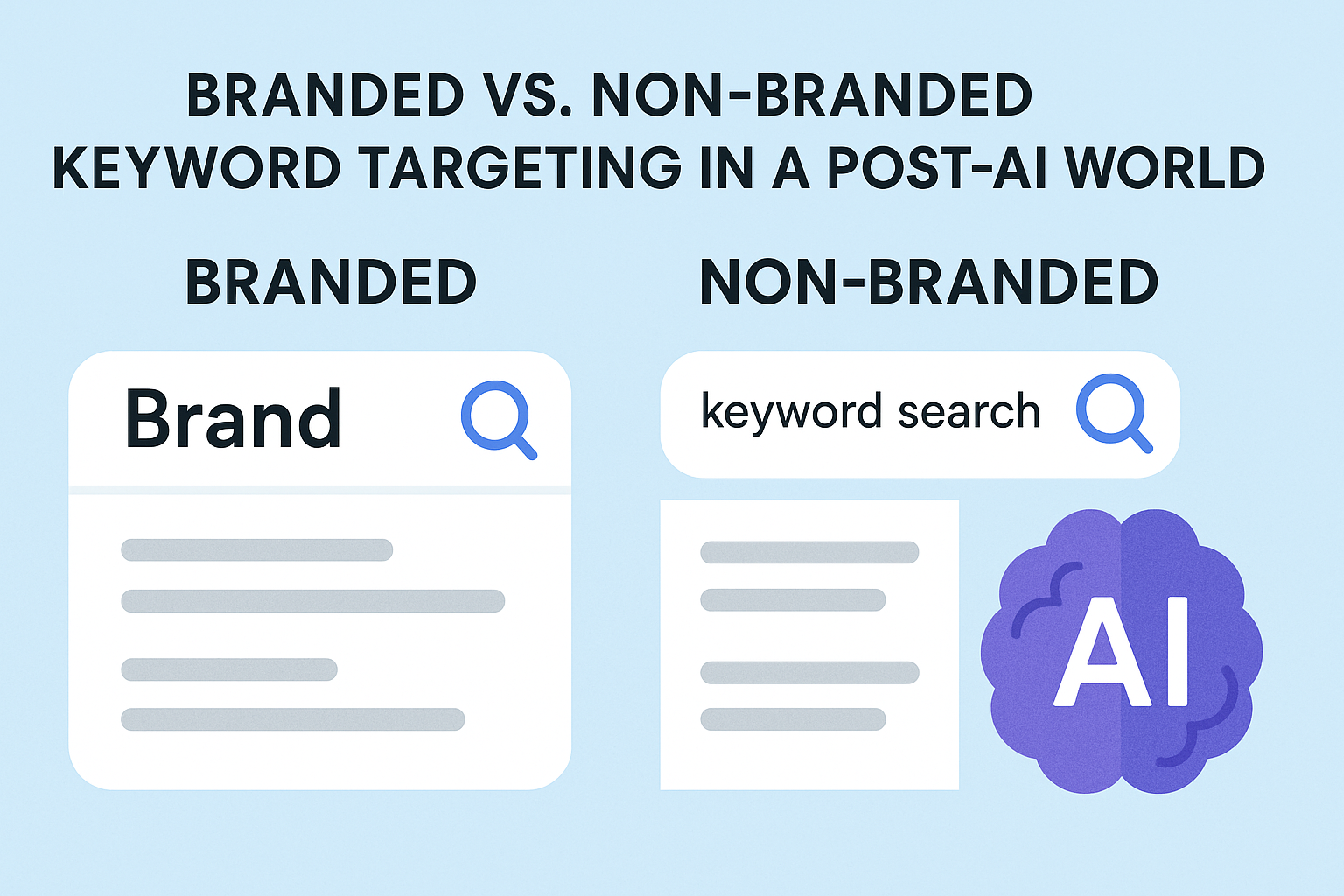Alexa rank is a measure of website popularity. It ranks millions of websites in order of popularity, with an Alexa Rank of 1 being the most popular. Alexa Rank reveals how a website is doing relative to all other sites, which makes it a great KPI for benchmarking and competitive analysis. Alexa rank is calculated using a proprietary methodology that combines a site’s estimated traffic and visitor engagement over the past three months. Traffic and engagement are estimated from the browsing behavior of people in our global panel, which is a sample of all Internet users.
Your Top Questions About Alexa Data and Ranks, Answered
We answer questions every day about Alexa’s data, how it’s measured, and how we calculate ranks. In this special Q&A, we address some of the most common questions regarding these topics, and more.
What is the “data panel”?
Alexa’s data panel is the sample of global internet traffic that is used to calculate Alexa Ranks and estimate non-Certified metrics. The panel is comprised of millions of internet users using one of over 25,000 different browser extensions.
Does Alexa directly measure website traffic too?
Yes. Alexa also measures traffic directly from sites that choose to install a special Alexa script and certify their metrics. The unique combination of data from our panel, plus data from directly measured sources, filtered through our advanced statistical models, enable us to provide you with the most robust metrics.
How are Alexa’s Traffic Ranks determined?
Traffic estimates and ranks are based on the browsing behavior of people in our global data panel by default. The rank is calculated using a proprietary methodology that combines a site’s average of daily unique visitors and its number of pageviews over the past 3 months. The site with the highest combination of unique visitors and pageviews is ranked #1.
How often are ranks updated?
Daily.
Does Alexa rank subpages and subdomains?
Alexa Traffic Ranks are only provided for top-level domains (e.g., domain.com). We do not provide separate rankings for subpages within a domain (e.g. domain.com/subpage) or subdomains (subdomain.domain.com), unless we are able to identify them as a personal home page, hosted site, or blog. An example of this is those hosted on sites like Blogger (blogspot.com). In this case, these sites will have individual traffic ranks, separate from their host domains.
You mentioned unique visitors. What are these and how are they different from visits?
Great question! Unique visitors are determined by the number of unique users who visit a site on a given day. In other words, it is the number of people that visited your site over a selected time period. A person visiting the site multiple times during the time period is only counted once. Visits, on the other hand, are single browsing sessions. If a visitor views another page on your site within 30 minutes of the last pageview it is counted as the same visit. A visitor returning to your site 30 minutes after the last pageview is counted as a separate visit.
What is a page view?
A page view is recorded whenever a full page of your website is viewed or refreshed. The count of pageviews is the total number of times the pages of your website were viewed or refreshed in the selected time period.
I recently saw fluctuations in my Alexa Rank. Did something change about how sites are ranked?
No. Nothing changed about how ranks are determined. However, we recently increased the size of our data panel significantly. This is why you might be seeing changes in your site’s rank. Changes in the data panel are a natural occurrence due to the evolution of internet audiences and usage, as well as improvements by Alexa to capture the new resulting traffic data. Regardless, nothing has changed about the way Alexa actually determines ranks.
But my site’s traffic is getting better. Why is my rank worse?
Any ranking system that ranks you is relative to others. In other words, The Alexa Traffic Rank ranks your site relative to all other sites in the world. A good analogy is running a race. Let’s say you run a race today and finish in 3rd place. If you race again tomorrow and have a faster time, you could still finish in 4th place if 3 other people run faster than you. Even though you ran a faster race, your ‘ranking’ got worse because other people ran even faster.
So there’s an increase in the size of Alexa’s data panel. What does this mean for me?
A larger data panel is great news! This means we have more robust global traffic coverage and can therefore make better estimates, resulting in more accurate rankings, traffic metrics, and actionable recommendations for you as a customer. Ultimately, you’ll be able to take a deeper, more insightful look at web analytics for both you and your competitors.
Are there other factors that can affect my data?
Alexa strives to calculate unbiased estimates of the actual web traffic to all sites on the internet. However, we do understand that biases exist and we frequently adjust our statistical models to account for them. In addition, the number, composition, and usage patterns of Web users can make it difficult to estimate rankings for sites with fewer than 1,000 monthly users. If we don’t have enough data to make an estimate, we won’t display it.
How can I get the most accurate metrics for my site(s)?
The best way to get the most accurate metrics is to Certify your site’s metrics. If your site’s metrics are Certified you can choose to publicly display directly measured Global and Country ranks for your site, even if there is not enough data from our panel to rank your site. Further, site owners with certified metrics can choose to publish directly measured unique visitors and pageviews for the rank instead.
Does Alexa assign better ranks for paid subscribers?
No.
Are Alexa ranks partial to particular websites or interests?
Absolutely not. Alexa is an impartial measurement service. For over 15 years we have worked to fine-tune our methodologies in order to provide companies with the most accurate metrics and insights to make more informed business decisions.

The Search Engine Cage team is on a mission to educate entrepreneurs. We make things easier for the small business owner, by writing articles that help them to understand SEO and Digital Marketing.







